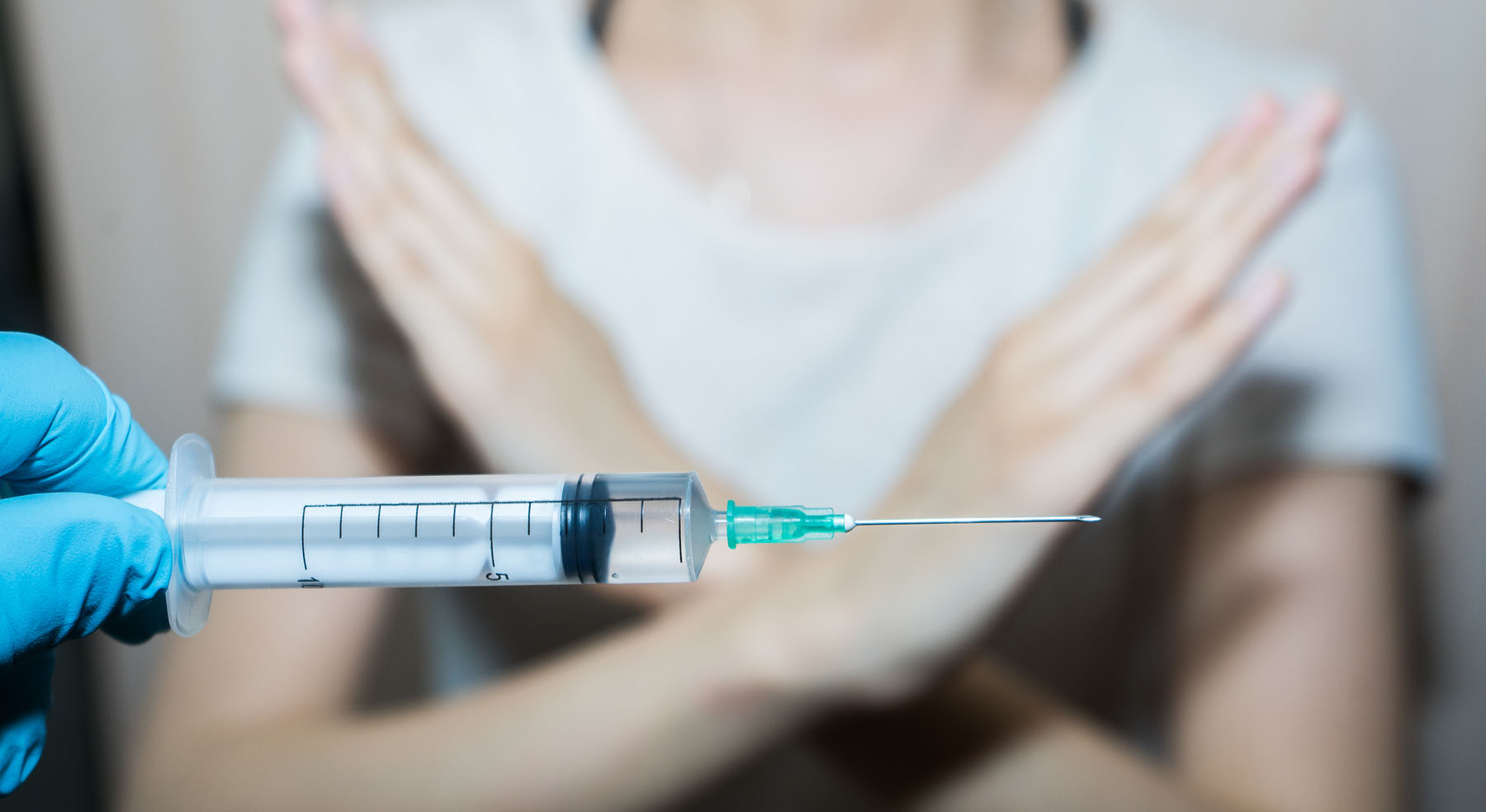2020 has been a year of uncertainty and confusion, from cancelled physician appointments to increased stress and concern to adoption of digital health tools in managing health. These remain uneasy times, and as we move closer toward a COVID-19 vaccine, uncertainty remains around its effectiveness. New survey results about the forthcoming vaccine show worry and hesitancy among patients and families, how it could impact complex medication therapies, and the motives behind its availability.
In October, Medisafe surveyed more than 16,000 patients to capture a pulse of how patients are feeling about the potential for a vaccine. The results captured input on several issues, including the potential for a vaccine to become available before the end of 2020, likeliness to get a vaccine once it’s available, and how it might change their viewpoint of pharmaceutical companies helping to bring one to market.
Concern About the Vaccine’s Wider Availability
In general, all users felt a vaccine would not be available before the end of 2020. However, women were the least convinced a vaccine would be available before the new year, with 69% saying they were not confident one would become available. This stands in contrast to men with 46% indicating that a vaccine might arrive before 2021. Given the strigent requirements and numerous rounds of testing, the survey results revealed high skepticism that a fast-track vaccine would eventually be available before the end of the year, or at least would only be available in small amounts. Results also showed a political focus driving the deadline for the vaccine rather than an actual completion of the necessary testing.
Likeliness to Take the Vaccine
Overwhelmingly, a majority of users said they would wait to get a COVID-19 vaccine, deferring the guidance to either their own physician or waiting until a large portion of the population had received the vaccine. Younger individuals (ages 20-29) were the most likely to get the vaccine as soon as it becomes available (28%) and suburban moms were the least likely to get it (44%) preferring to wait until enough of the population have received it to know how it works. Many respondents are patients who are managing one or more medications, and respondents have a strong concern about how a newly developed COVID-19 vaccine could impact their health and create complications among existing medications. Unlike a seasonal flu vaccine, this vaccine is new and has not had wide testing creating cause for concern and hesitancy among respondents. These results demonstrate the need for greater patient education and awareness, as well as unified support throughout the industry and government.
Likeliness to Get a Flu Shot
The hesitancy to get the COVID-19 vaccine did not translate to resistance to all vaccines, however. We asked users if they would be getting an annual flu shot to see if there was any correlation among sentiment. Seventy-three percent of users said they will get a flu shot this year. Yet, 20% of those who are getting a flu shot this year responded that they would never trust a COVID vaccine. In analyzing the open-ended comments, respondents cited distrust in the rushed nature of the vaccine development, uncertainty in the scientific trials, and the overall political nature of the vaccine in timing with the presidential election. The seasonal flu shot may vary slightly from year to year, but it has decades worth of research and scientific evidence to support its effectiveness. These studies, along with wider public health support, helps to increase patient confidence in a flu shot. COVID-19 vaccine manufacturers will need to invest as much or more into studies and awarenss to help increase adoption of the vaccine.
Concerns About a COVID-19 Vaccine
While there were multiple concerns about the COVID-19 vaccine, overall effectiveness, potential side-effects, and rush to market were the primary issues users cited as reasons for delay. Additional comments indicated that the potential timing of a vaccine becoming available in such a rapid manner and in conjunction with an election were suspect, as noted by several users. More than 3,000 comments referenced the rushed nature of the vaccine and questioned whether adequate testing on a vaccine would occur before it came to market. In most cases with vaccines or immunizations, there is a short list of known side-effects. However, we don’t have that full-scale information about a COVID-19 vaccine, and patients remain skeptical in taking such an unproven and unknown vaccine. While results showed that only 11% would never get a vaccine, the majority of users simply prefer more information and greater time in the market before rolling up their sleeves.
Changes in Family Size Impacts Attitudes
It was interesting to note that with more people at risk within a family, the greater the distrust in the vaccine was shown. Among single household families, only 8% said they would never trust a vaccine. However, in households with five or more people, it rises to 15%. It’s clear that parents are unwilling to subject their loved ones to a vaccine without greater information and guidance. The results show a direct correlation between family size and increased uncertainty. The key takeaway is that moms (or those with larger families) aren’t willing to gamble with the health of their loved ones, and will wait until greater science and information becomes available about its safety.
Opinion on Pharma Companies
As the driving force behind the development of COVID-19 vaccines as well as treatments for patients, we surveyed users on their feelings toward pharma companies. For the majority of companies, the feelings were fairly neutral across the board, patients taking medications from Bristol Myers Squibb and Astellas ranked them as having a higher opinion due to their vaccine efforts. Unfortunately, the prevailing opinion of most pharma companies among patients is relatively low. Some of this could be related to lack of awareness of which company produces which medication. If surveyed on brand name drugs instead of manufacturer, I belive we would see some changes in attitudes as patients associate more closely with medications.
As we look ahead to the end of 2020, and into 2021, the results show that patients know that COVID-19 will be part of our lives for the forseeable future. From this latest survey, it’s clear users still have a high amount of hesitancy when it comes to COVID-19 issues, and the forthcoming vaccine in particular. Elements such as social distancing and mask wearing will continue, and the availability of a vaccine won’t simply bring an end to the pandemic.
This is important to note as pharma companies move closer to their vaccine distribution efforts in helping to inform patients on risks, contraindications, and the need for guidance and support beyond just the initial vaccination. Greater clarity in vaccine trials, its scientific process, and support from leading physicians will be essential in helping to gain greater adoption from the public, and an important step to driving usage and changing patient perceptions.







